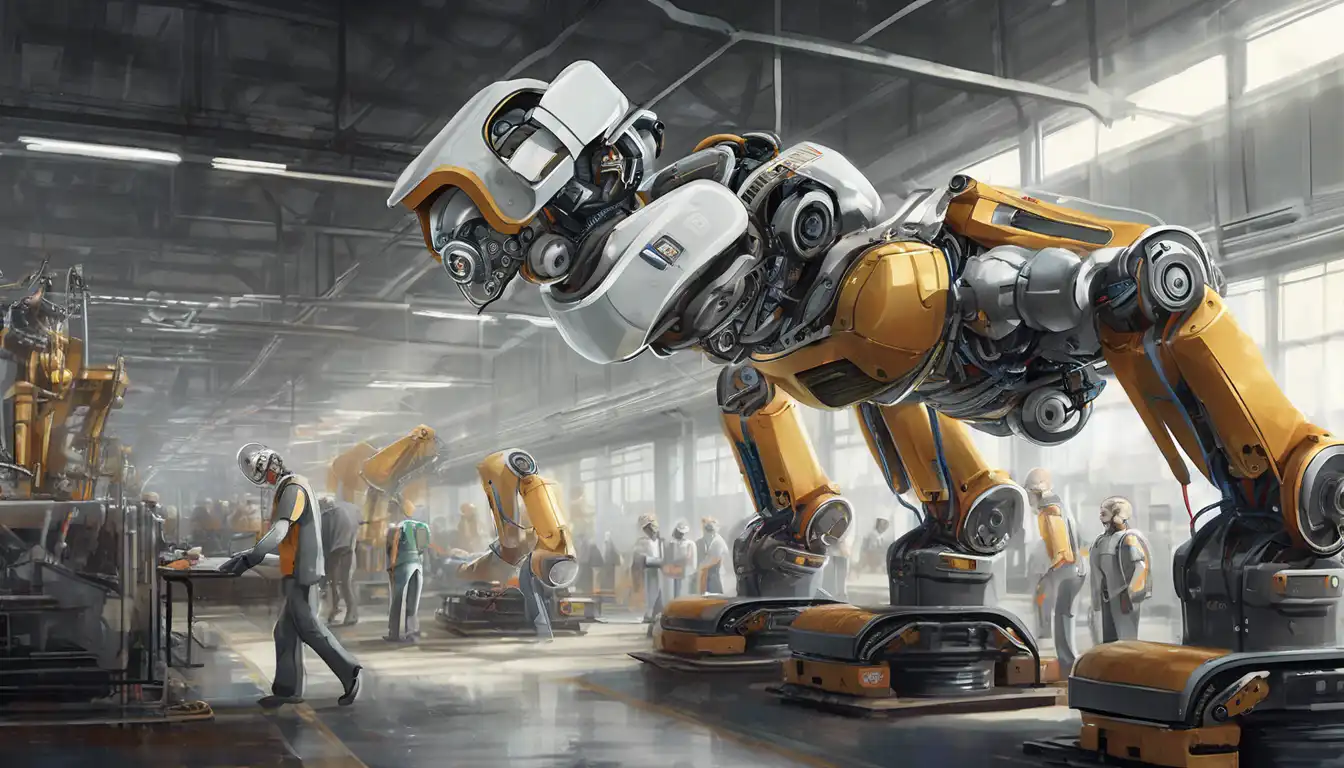The Revolutionary Impact of Robotics on Modern Manufacturing
In the ever-evolving landscape of manufacturing, robotics has emerged as a game-changer, revolutionizing how products are designed, produced, and delivered. This transformation is not just about automating repetitive tasks but redefining efficiency, precision, and scalability in manufacturing processes.
Enhancing Efficiency and Productivity
Robotics in manufacturing has significantly boosted efficiency and productivity. Automated robots can work tirelessly around the clock, reducing production times and increasing output. Unlike human workers, robots do not require breaks, sleep, or vacations, ensuring continuous production lines and meeting tight deadlines with ease.
Improving Precision and Quality
One of the most notable benefits of robotics is the unparalleled precision they bring to manufacturing. Robots are capable of performing tasks with microscopic accuracy, significantly reducing the margin of error and enhancing the overall quality of products. This level of precision is particularly crucial in industries such as aerospace and medical devices, where even the slightest discrepancy can have dire consequences.
Reducing Costs and Waste
By integrating robotics into manufacturing, companies can achieve substantial cost savings. Robots minimize waste by optimizing material usage and reducing errors that lead to defective products. Additionally, the initial investment in robotics technology is often offset by the long-term savings in labor costs and increased production efficiency.
Scalability and Flexibility
Robotics offers unmatched scalability and flexibility in manufacturing. Robots can be reprogrammed and adapted to perform a wide range of tasks, allowing manufacturers to quickly respond to changing market demands. This adaptability is essential in today's fast-paced world, where consumer preferences and industry trends are constantly evolving.
The Future of Manufacturing with Robotics
The future of manufacturing lies in the further integration of robotics and artificial intelligence (AI). Smart factories, powered by robotics and AI, are set to become the norm, offering even greater efficiencies, customization options, and sustainability. As robotics technology continues to advance, its impact on manufacturing will only grow, paving the way for innovations we have yet to imagine.
In conclusion, robotics is transforming manufacturing in profound ways, from enhancing efficiency and precision to reducing costs and enabling scalability. As we look to the future, the role of robotics in manufacturing is set to expand, heralding a new era of innovation and productivity. For more insights into the latest trends in manufacturing technology, explore our technology trends section.
